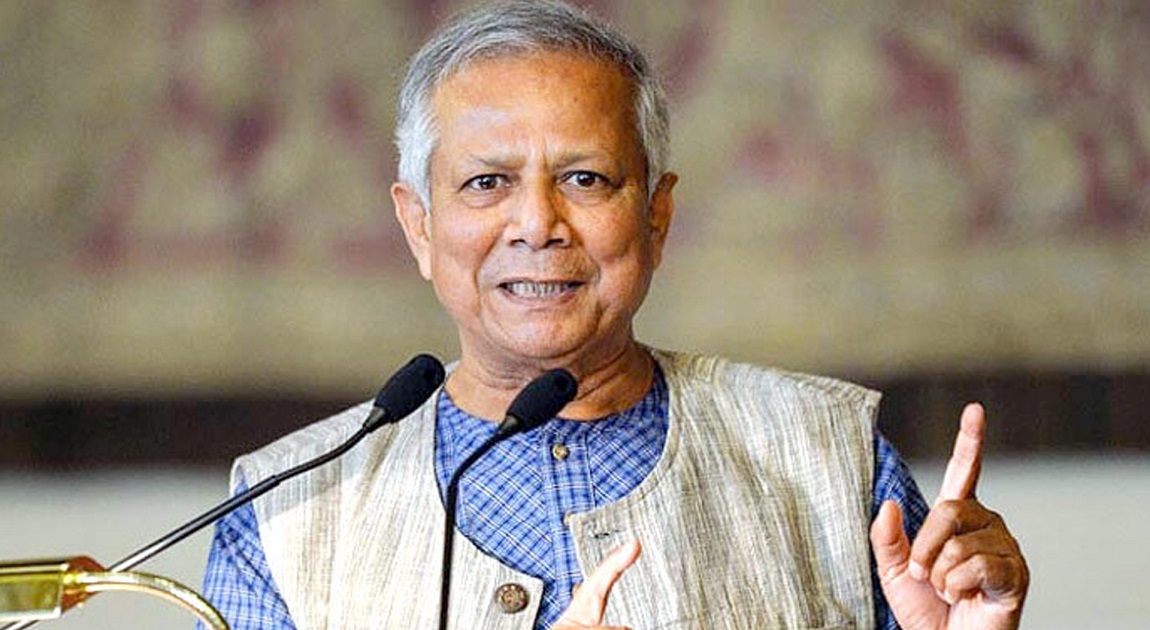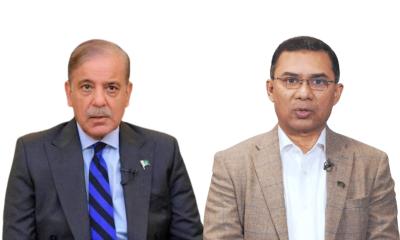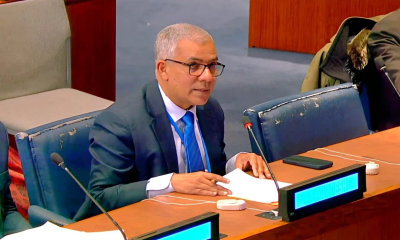Bangladesh is looking to utilize Malaysia’s influence, particularly in its capacity as ASEAN Chair, to strengthen international efforts in addressing the long-standing Rohingya refugee crisis.
Professor Muhammad Yunus, chief adviser to the Bangladeshi interim government, said Malaysia’s experience in hosting refugees and its leadership role in ASEAN provide the country with a unique position that could help facilitate broader regional solutions to the issue.
In an exclusive interview with Malaysia’s national news agency Bernama, Yunus said, “We hope Malaysia will use its influence throughout the discussions on the Rohingya issue to ensure that a solution can be achieved.” The interview was conducted shortly before the conclusion of Yunus’s official visit to Malaysia, with Bernama’s editor-in-chief Arul Raju Durraraj, International News Service editor Vhun Miao Ping, and Bernama Economic News Service assistant editor Kisho Kumari Sushedaram present.
Yunus warned that the Rohingya crisis has intensified due to ongoing clashes between the Arakan Army and Myanmar’s military in Rakhine State, prompting new waves of refugees to cross into Bangladesh.
He added, “Over the past 18 months, approximately 150,000 new Rohingya have arrived, joining the 1.2 million already residing in the country. The situation is becoming increasingly complex. The biggest challenge is that the United States has cut all funding for their care, which poses a significant problem for us.”
The chief adviser also highlighted that, three international conferences are planned in the coming months to seek a sustainable solution to the Rohingya crisis. The first conference will take place at the end of this month in Cox’s Bazar, coinciding with the eighth anniversary of Bangladesh assuming responsibility for sheltering the refugees. The second high-level meeting is scheduled for September alongside the UN General Assembly, and the third will be held later this year in Doha, Qatar.
Progress on Rohingya repatriation has been limited, and the ongoing armed conflict in Myanmar since 2021 has further complicated the issue. The prolonged humanitarian crisis affects not only Bangladesh but also several ASEAN member states, including Malaysia, Thailand, and Indonesia.
Although Malaysia is not a signatory to the 1951 UN Refugee Convention or the 1967 Protocol, it has temporarily hosted nearly 150,000 Rohingya refugees on humanitarian grounds.
The Rohingya crisis began in 2017, following a military crackdown in Myanmar’s Rakhine State, which forced a large number of Rohingya to flee to Bangladesh to save their lives.

















-20260221022942.jpg)
-20260221022827.webp)



















